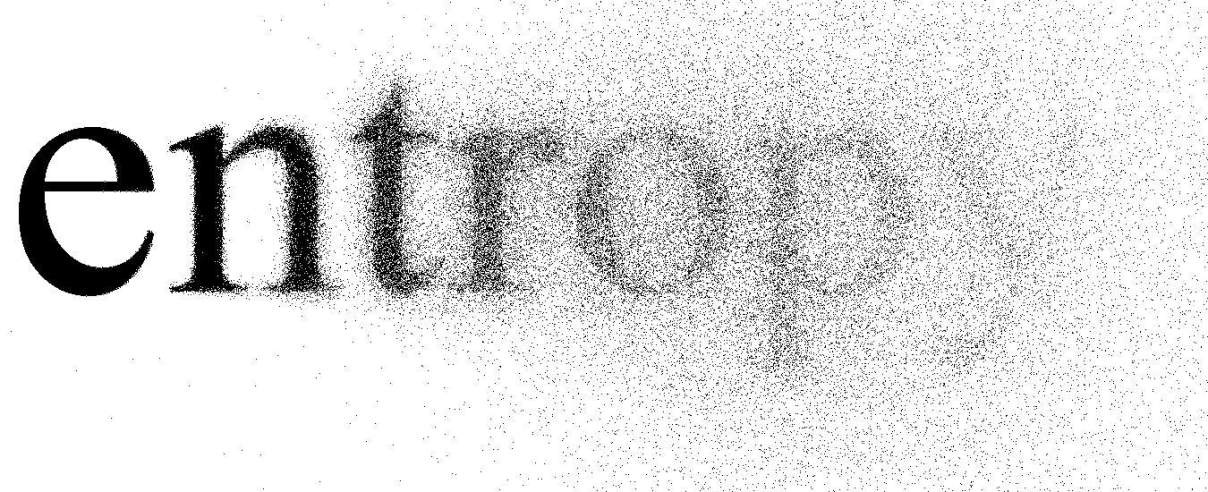This post is a chapter of the book It Ain’t Gonna Lick Itself: Housekeeping In Spite Of It All, by Hanne Blank Boyd.
Click here for the full table of contents.
Don’t forget to check out the New Years Revolution Cohorts — small, affordable, online group intensives to help you go toe to toe with the forces of entropy in your own household, with zero judgment, lots of humor, and community. Signup deadline for the January Reset Your Space cohort is this Sunday!
Entropy is the name for the process by which order turns to disorder. This is so universal a principle, happening even on the level of molecules, that it is considered a primary principle of physics. It’s the second law of thermodynamics, in fact:
as one goes forward in time, the net entropy (degree of disorder) of any isolated or closed system will always increase (or at least stay the same).
I’m not a physicist, but my basic understanding is that it takes energy to maintain specific physical conditions. But that energy does not remain focused on its own. Instead, it spreads out.
Your cup of tea does not get cold because cold waves infiltrate it and add coldness. This is because cold waves don’t exist. There’s no such thing as “anti-heat” that cancels out heat. “Cold” is merely the way we describe the relative lack of heat.
Heat is one manifestation of energy. Your hot cup of tea gets cold when the heat energy moves from a place where it is concentrated (the tea) into places where it isn’t concentrated, like the table and the cup and the air around the cup. To heat the tea back up, you’d have to add energy to it. This is exactly what you’re doing when you put a cold cup of tea into the microwave and press “start”: the microwaves add their energy to the tea, reheating it.
The problem with reheated tea is the problem with entropy: the nanosecond that you stop adding energy to the tea, that energy starts to dissipate. Before you know it the damn tea’s cold again.
Now, I could try to put a positive spin on this by telling you how entropy is one of the things that proves the existence of time, which indeed it does. That’s a pretty neat trick. But the part that really matters for our purposes is that, as someone a hell of a lot smarter than me once said, entropy takes its cut.
Keep reading with a 7-day free trial
Subscribe to Reasons Not to Quit to keep reading this post and get 7 days of free access to the full post archives.






